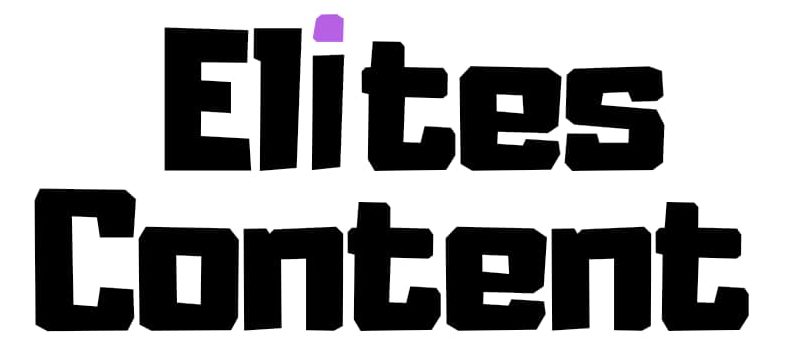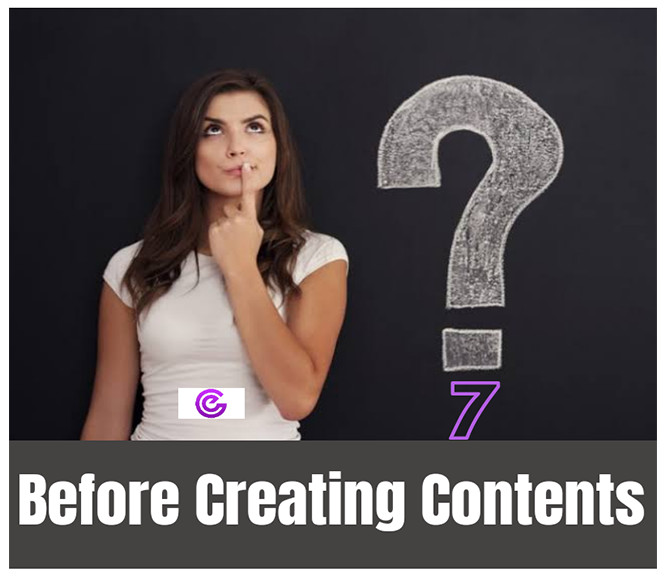Creating contents has for long been a part of digital marketing strategies and will continue.
A lot of businesses have begun to take content marketing business seriously like never before. Maybe because they are getting results or because they felt it is demanded in order to keep pace with the business trend.
Whichever way, creating contents is of necessity if your online business must thrive.
I was not the one that started it. You can ask the Michelin brothers in the early 1900s when they used content to build bonds with their target markets.
How Did Michelin Company Use Content Marketing?
As at the time Michelin Automobile Company began their journey in the Tyre business, the industry has not become very popular and as profitable as it is today.
Michelin published a guide, printed 35,000 copies of the guide and gave them away for free. The first guide had listings for eateries, road maps, and suggestions for trip planning.

Michelin Guide
Image credit: Abebooks
After a very long time of providing professional guides for travelers and car owners on the best way to go and how to locate restaurants as quickly as possible. Michelin gained brand trust and loyalty on that aspects.
So can you see what the Michelin company did with the act of creating contents?
Content creation is a good business for online businesses today. It is not done haphazardly but calls for a well-designed process.
If you have been creating contents without results, just know that you could be missing something. Also, if you have been creating contents without directions just know that this article is for you.
In this article, am going to walk you through seven (7) questions you need to ask before you content creation.
You can’t ask the right questions in your content creation process if you don’t have a better understanding of what content marketing is all about.
Content marketing is nothing but consistently creating valuable contents to help your target markets solve their problems without instantly presenting a price tag. Creation of contents is a core aspect of content marketing.
I have already done a good job in an article I devoted time to explain the concept of content marketing. You can check it out and thank me later.
Related: What is Content Marketing? 5 Benefits that can Help Your Business Grow
Content creation is a process that goes with answering questions. So if you are creating contents and you don’t consider asking critical questions, you are in a very long thing.
7 Critical Questions to Ask Before Creating Contents
Here are critical questions you need to ask before you start creating contents.
1. Who Is Your Audience?
The question of who do you want to create the contents for, begins with having a better understanding of your customers’ characteristics.
What is the profile of the people you are creating the contents for? Their age range, sex, job, educational qualifications, interests etc.

Target Audience
If you don’t know who your target markets are, please don’t even think of creating contents. This is because you will probably end up creating what seems like nobody cares about.
Your target audiences are those you wish to reach out to with your videos, audios, graphics, articles etc. You need a good idea of your target audience before creating contents.
2. What Do They Want From You?
After knowing who your target audience or target markets are, you need to know what they need. So here is some basic sub questions to consider:
- What exactly do my target audiences want?
- What kind of contents do they need now?
- What do they expect from my brand?
You need to understand what your target audience want from you now, and if possible how they want it.
Take for instance, if you are a motivational speaker. Then, your audience is likely going to be expecting inspirational contents on your social posts or your website blog.
You need to bear in mind what your target audience could or will be expecting before creating contents.
3. What are Your Competitors Talking About?
Hey! You need to watch your competitors especially, your primary competitors.
Your primary competitors are those who are producing similar or the same contents for the same target audience. They are those whose products and marketing activities can have direct or even instant effects on your marketing programs.
Your competitors are special sets of people and therefore they need special attention. You need to know what others are saying in the industry.
Before content creation, you should know about the current industry events. Among the mistakes most content creators make is creating staled contents. Staled contents are contents that are boring, not new and trendy. These mistakes most times occur as a result of inadequate experience or knowledge of the current issues, problems and solution within the industry. So you will need to ask:
- What kinds of contents are your competitors are creating?
- Which of the contents are getting more engagements?
- What are the industry trending content formats and media?
- What are the trending issues, challenges and solutions?
Knowing what your competitors are saying will help you create valuable contents. It will enable you to predict what topics will be more relevant?
4. What Message Do You Want To Send?
If your contents are not sending messages then you are wasting your time creating contents.
Every content sends a message. It must be realized and made simple to understand. Your message is geared toward meeting the purpose of your content. It is the essence of your content.

Image credit: Pixabay
Before creating contents, it is important to ask why you want to create them. The answers you get will help you tailor your message appropriately.
For effectiveness, you need to avoid having multiple messages in a single content. Have a core message in mind.
5. Where Will You Post?
The question of where will you post makes you understand the platform you want the content to be placed.
Do you want to post the content on your website, Facebook, Twitter, Instagram, LinkedIn, Pinterest, etc?

Image credit: Pixabay
The answer to this question will determine the format (size, shape, length, style, tune, etc) of the content you want to create.
For instance, a video content you want to post on Instagram should be less than or equal to a minute. So knowing that you want to post the content on your Instagram page, you will ensure the one minute is very rich. You will try to go straight to the core message and less of other things due to the time constraints. Unlike other social media platforms like Facebook where you have enough free time and space to post longer video contents.
When creating contents, you need to consider the content’s destination. If the content is going to multiple places, then you need to create them based on formats that best fit each platform.
6. What Next Should Your Audience Do?
The question of what your target audience will do next refers to the action you would like them to take after consuming your contents.
The next thing your target audience should do is also referred to as “Call To Action (CTA).” It implies the next decision you want your readers, viewers or listeners to take. For example, after viewing or watching your video content, you could use some call to actions like:
- Subscribe for more videos
- Register for a webinar
- Share with friends
- Drop your comments
- Tag a friend
- Buy a certain product etc.

CTA Example
From the CTA example above, “subscribe now” is the action you want your viewer to take.
Whatever CTA you prefer, make sure you specify it. Don’t cluster a single content with too many CTAs, it will make your content look boring to your consumer.
7. How Will You Measure Your Content’s Impact?
Creating a content without knowing how to measure its impact is not a good practice.
I know you will not actually measure the impacts of your contents before the creation but you need to have a clue and expectations. Your expectations necessities your measurements.

Image Credit: Pexel
What are you expecting from the content you are creating? Do you expect more likes, comments, shares, clicks, sign-ups, buys, etc?
Your CTA is also a big part of key performance indicators (KPIs). What you want your potential or actual consumer to do after consumption is a major part of your expectations.
So, expectations before creating contents will aid in measuring the impact of the content. You should be familiar with the popular saying that expectation is the mother of manifestation. So if you don’t expect before or while creating contents what then will you want to measure?
Final Note
If you have been creating contents and you don’t see results, sit down and ask what you’ll need to do before content creation.
The seven (7) questions covered as critical questions you need to ask before creating contents are not automatic. You could skip some questions on rare occasions but know that all the questions are important in order to get better results.
Let me know about your thoughts in the comment box below or share the post to your friend/colleague you know needs it.

Jackson is an obsessed content marketing specialist. A brand storyteller, not a teller of stories. He is passionate about helping online businesses grow with compelling digital marketing strategies. Follow him on Twitter, LinkedIn, and Instagram.





